Water is essential for life — it makes up about 60% of the human body and plays a critical role in almost every bodily function. From regulating body temperature to flushing out toxins and keeping joints lubricated, water is your body’s silent powerhouse. Yet, many people go through their day without drinking nearly enough.
Dehydration occurs when your body loses more fluid than you take in. It can sneak up on you, especially in hot climates, during illness, or after intense physical activity. Often, the symptoms are subtle at first but can worsen over time if not addressed.
So how can you tell if you’re dehydrated? Here are 7 signs your body may be trying to tell you it needs more water:
1. Dry Mouth and Bad Breath
One of the earliest signs of dehydration is a dry mouth. When you’re not drinking enough water, your body produces less saliva, which is essential for neutralizing bacteria in the mouth. This can lead to bad breath and an overall uncomfortable dryness in the mouth and throat.
What to do: Drink water consistently throughout the day. Sucking on ice chips or sugar-free gum can also help stimulate saliva temporarily.
2. Dark Yellow or Strong-Smelling Urine
Healthy urine is typically light yellow and mild in smell. If your urine is darker than usual or has a strong odor, it’s a clear signal that your body is conserving water because it’s not getting enough.
What to do: Monitor the color of your urine as a hydration gauge. Aim for pale straw-colored urine throughout the day.
3. Fatigue and Low Energy
Feeling sluggish, sleepy, or lacking energy? It might not just be a poor night’s sleep — dehydration can reduce blood flow and oxygen to the brain, making you feel tired and less alert.
What to do: Start your day with a glass of water and keep a bottle nearby. Even mild dehydration can impact your focus and stamina.
4. Dizziness or Lightheadedness
Dehydration lowers your blood pressure and reduces blood volume, which can cause dizziness, especially when standing up quickly. This is particularly common in the elderly or those engaging in strenuous physical activity.
What to do: Increase your fluid intake, especially in hot weather or when exercising. Electrolyte solutions or sports drinks can help if water alone isn’t enough.
5. Dry or Flaky Skin
Your skin is your largest organ, and it needs adequate hydration to stay smooth, elastic, and healthy. If your skin appears dull, dry, or less elastic, you might be dehydrated.
What to do: Drink water regularly and use a good moisturizer to protect your skin. Foods high in water content like cucumber, watermelon, and oranges can also help.
6. Headaches
When you’re dehydrated, your brain may temporarily contract or shrink from fluid loss, pulling away from the skull and causing pain — a dehydration headache. These can be mistaken for tension or sinus headaches.
What to do: Drink a large glass of water and rest. If your headache is caused by dehydration, you should notice improvement within 30–60 minutes.
7. Constipation
Water helps keep your digestive system running smoothly by softening stool and supporting regular bowel movements. A lack of hydration can lead to hard, difficult-to-pass stools, or even constipation.
What to do: Stay hydrated and eat fiber-rich foods. A balance of both water and fiber is crucial for a healthy gut.
How Much Water Should You Drink?
There’s no one-size-fits-all rule, but a common recommendation is the “8×8” rule — eight 8-ounce glasses of water a day (about 2 liters). However, your needs may vary depending on:
- Your body size and activity level
- Climate and temperature
- Health conditions or medications
- Pregnancy or breastfeeding
A good general tip: Drink enough so that you’re rarely thirsty and your urine stays light yellow.
Final Thoughts: Listen to Your Body
Dehydration can affect your mood, energy levels, concentration, and overall health. The signs are often subtle but shouldn’t be ignored. By staying consistently hydrated, you support every system in your body — from your brain to your skin to your digestive tract.
Simple Tips to Stay Hydrated:
- Carry a reusable water bottle everywhere
- Set hourly reminders to take a few sips
- Eat fruits and vegetables with high water content
- Drink before, during, and after exercise
- Limit caffeine and alcohol, which can dehydrate you
Your body is constantly talking to you. Are you listening? Make hydration a daily priority — your body will thank you.
ABOUT THE AUTHOR
Dr. Abid Akram is a dedicated medical practitioner known for his patient-centered approach and strong clinical expertise. With an MBBS degree and years of hands-on experience, he has developed a keen interest in preventive healthcare and internal medicine. Dr. Abid firmly believes that health is not just about treating illness but about empowering individuals to make lifestyle choices that prevent disease and promote long-term well-being. His approachable personality and ability to explain complex medical concepts in simple terms make him a trusted doctor among his patients. Outside of his clinical practice, Dr. Abid contributes to community health awareness programs, aiming to bridge the gap between medical knowledge and everyday life.

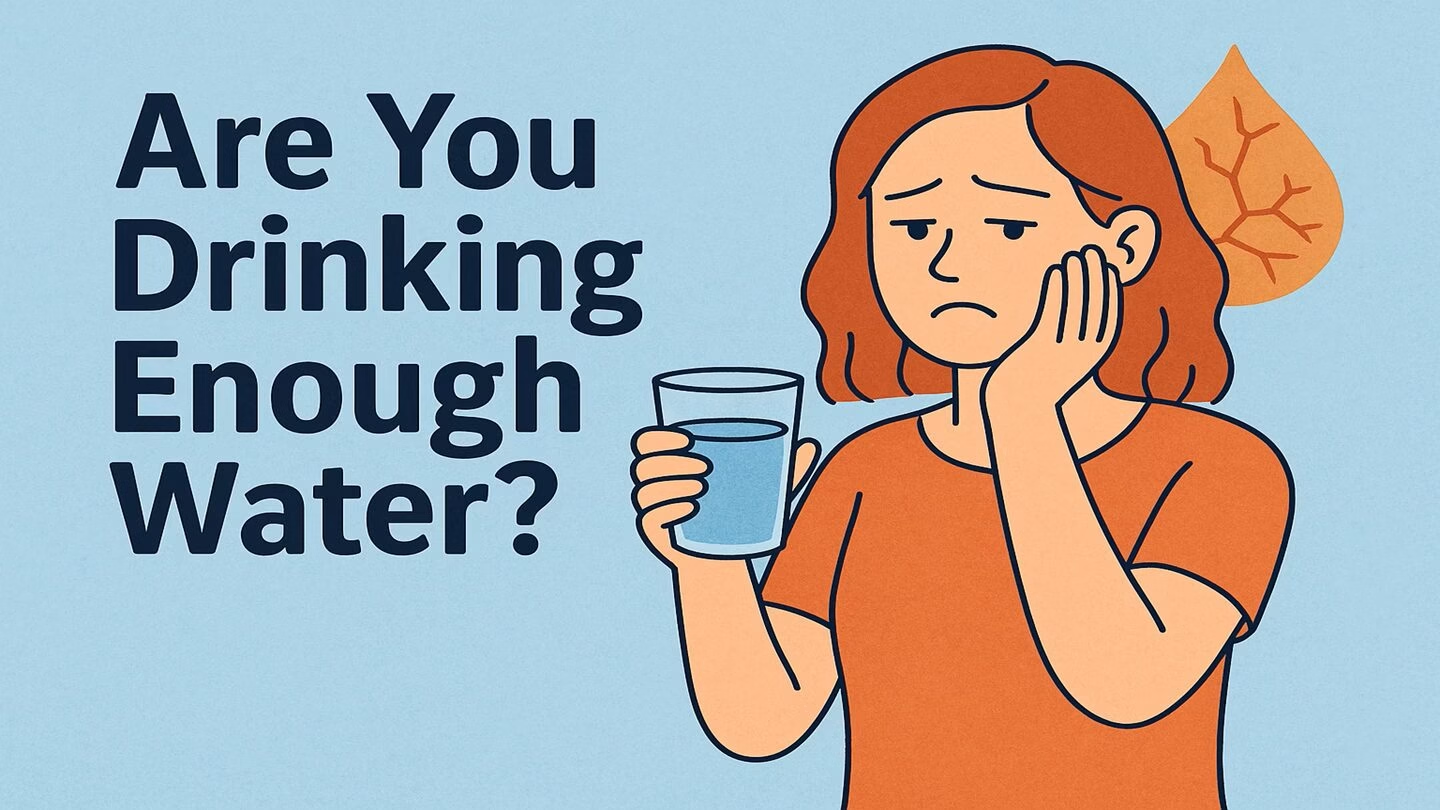
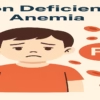
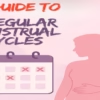
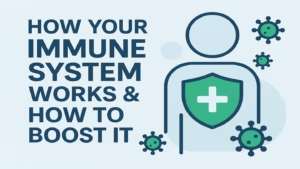
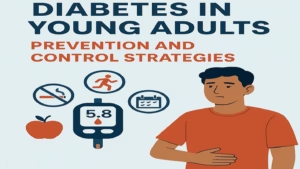

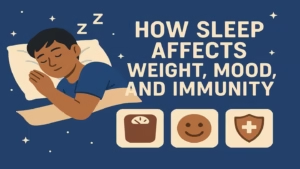
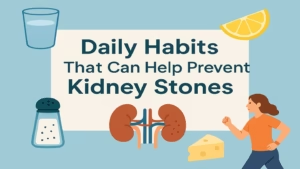
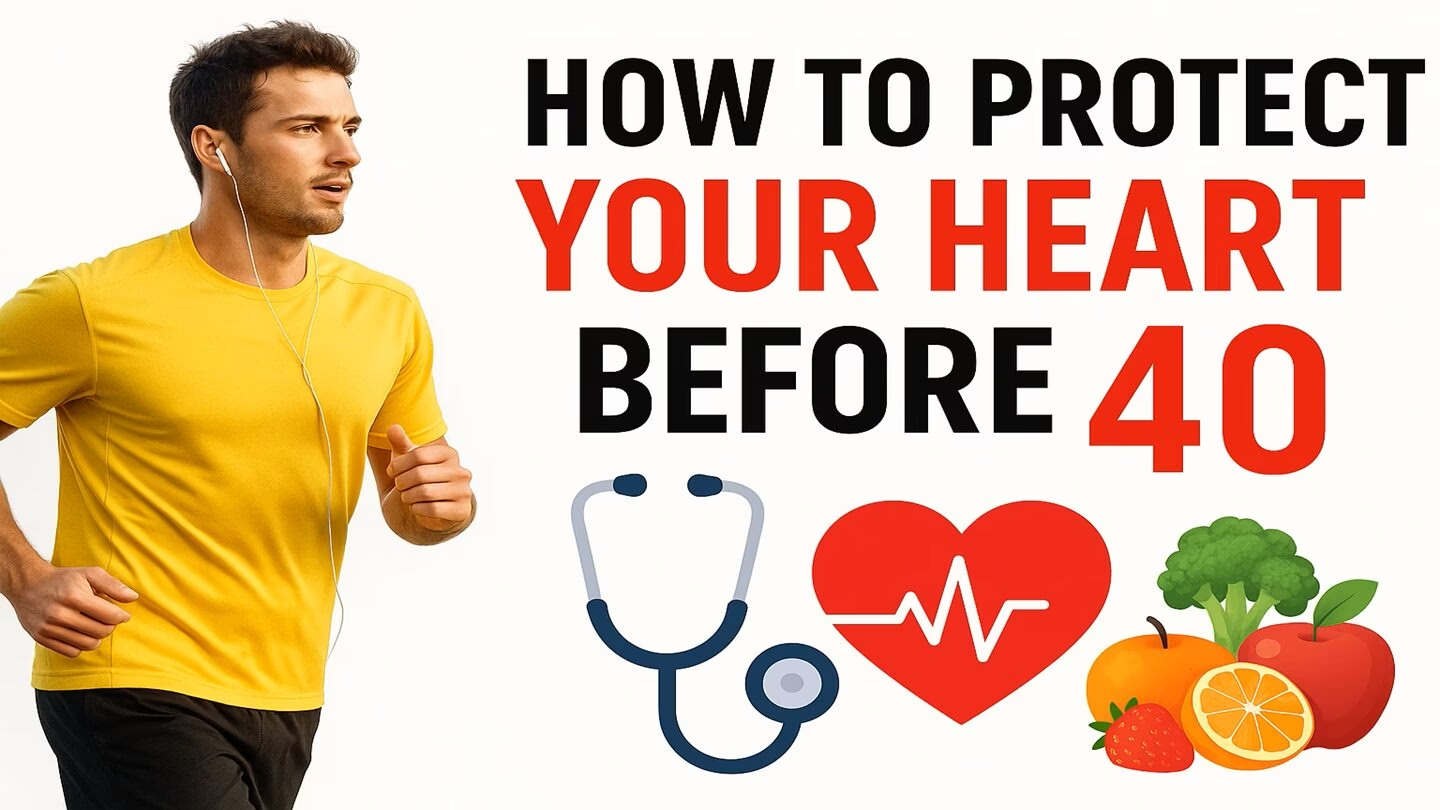
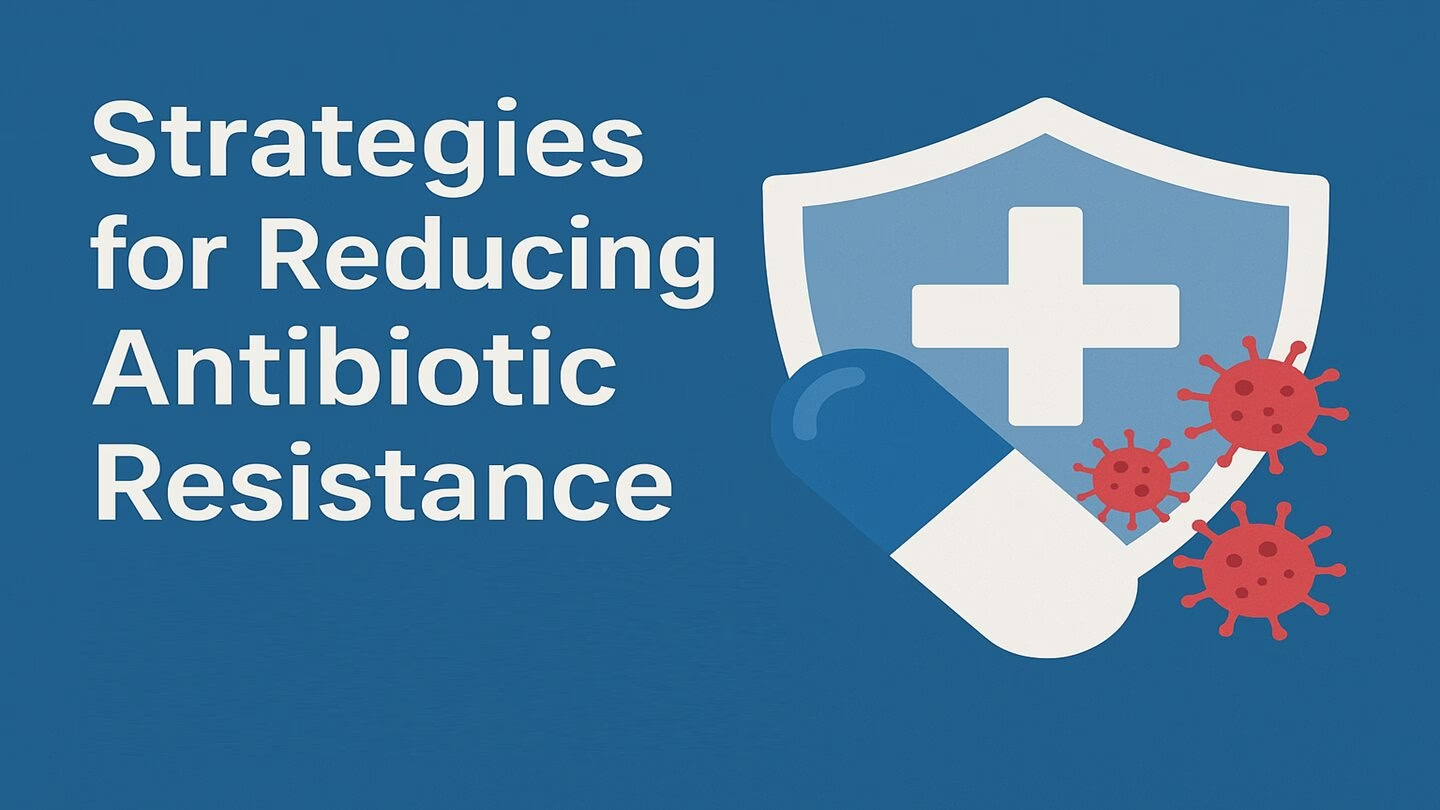

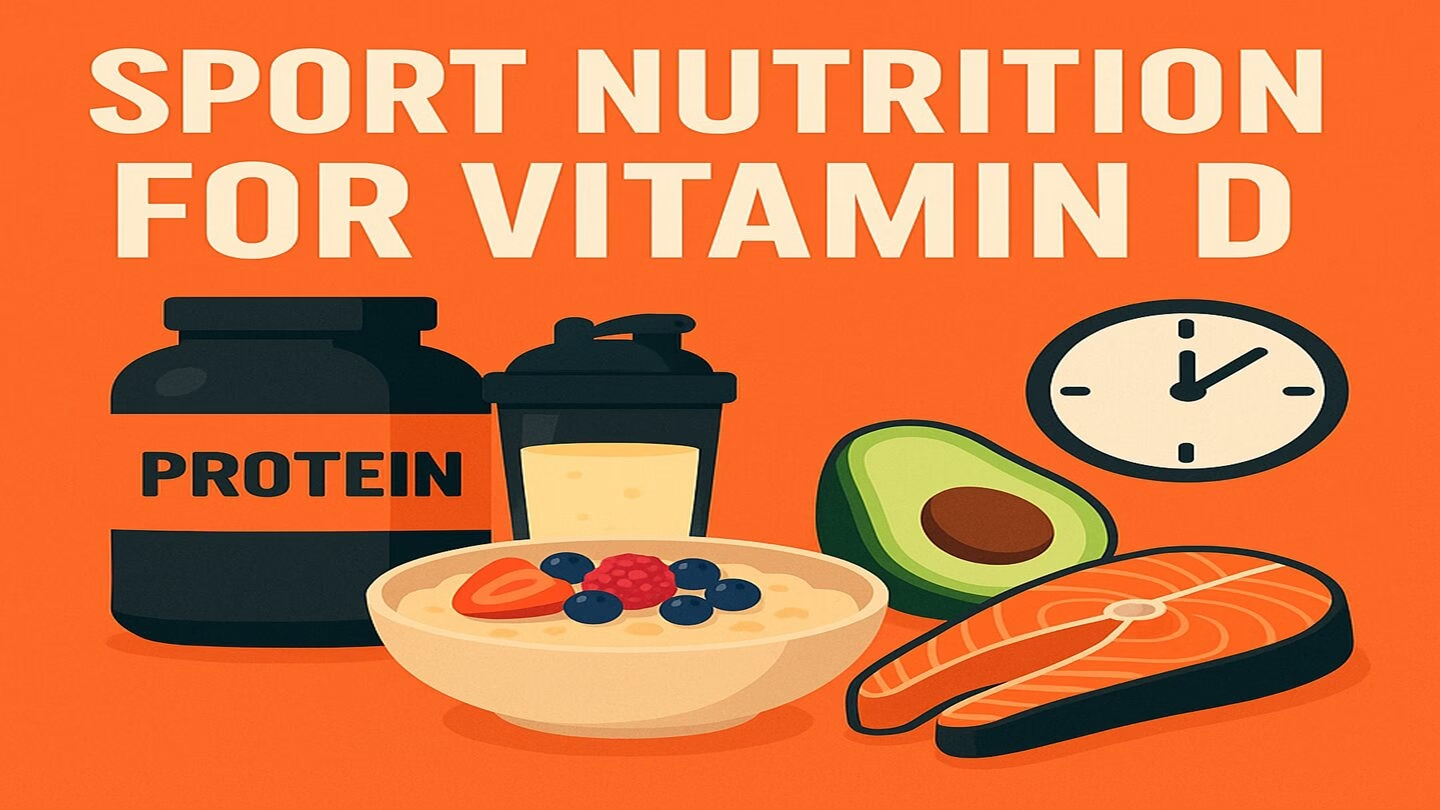

One comment
Michael
Great article! Really appreciate the effort put into highlighting the signs of dehydration and the importance of staying hydrated.